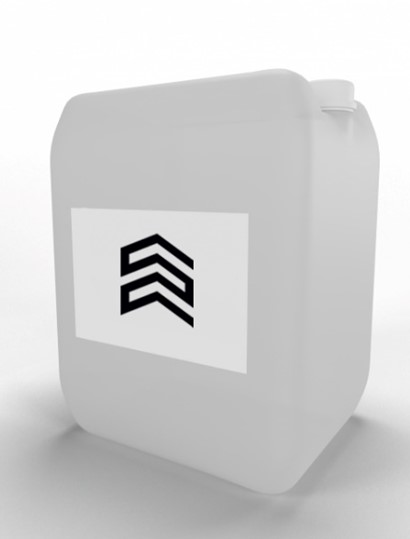The Cabinet of Ministers supported the creation of a “Russian shelf” in retail chains

The Russian government apparatus is ready to take the side of the majority. The bill on the “Russian regiment” may be submitted to the State Duma as early as the spring session.
The Ministry of Industry and Trade submitted to the government a draft response to the Cabinet's response to Tatyana Butskaya's deputy initiative to organize a so-called Russian shelf in retail chains. The parliamentarian proposed amending the trade law - establishing a new requirement for retail and marketplaces, in particular, to provide a shelf space for domestically produced goods under a quota. The products of companies located in the Russian Federation and owned by Russians or citizens of Belarus are discussed . The quota for them should not exceed 50% of the shelf of retail chains.
The Ministry of Industry and Trade supported the bill , subject to its revision. The department is confident that the proposed standards will spur the development of Russian industry, but the government should have the right to establish the categories of such goods and their minimum share in the range of chains.
The Ministry of Economic Development did not officially provide its position, although at meetings in the Cabinet of Ministers it conceptually supported the deputy initiative. Thus, the department proposed conducting an experiment in the Russian Federation to assess how the new norms will work in practice.
The FAS, in turn, did not support the bill on the “Russian regiment,” as specified in the letter to the Deputy Prime Minister. The service is confident that the new standards will not affect the domestic industry in any way and will not increase the competitiveness of our goods. The regulator has no evidence that Russian manufacturers have problems with the supply of goods at retail. Whereas the adoption of such a bill may create difficulties: businesses will have to quickly supply domestic goods to hard-to-reach areas. The quota requirement may be “onerous and unenforceable.”
If retail chains do not comply with the established standard, they face punishment. Therefore, the service assumes that retailers will include this additional burden in retail prices for goods. The government has already held a meeting to resolve differences with the FAS, but it was not possible to resolve the contradictions, notes the letter to Deputy Prime Minister Dmitry Grigorenko. The Cabinet of Ministers noted that “it is advisable to support the position of the Ministry of Industry and Trade and consider the disagreements on the draft conclusion of the Cabinet of Ministers resolved.”
“Our goal is to support not only domestic producers, but also buyers. It is important that the document is understood by people,” said Tatyana Butskaya. “For now, we propose to extend the draft standards to non-food products, such as household chemicals. Perhaps in the future the standards will affect food products".
Large trade is confident that there are more effective measures to support domestic producers, said Igor Karavaev, chairman of the presidium of the Association of Retail Trade Companies (AKORT). This is, for example, stimulating the production of modern materials, raw materials and components with the help of subsidies, tax breaks, compensation for advertising costs, and more.
“Quotations, increased import duties and other administrative preferences limit competition, reduce the quality of goods and the competitiveness of producers in the long term,” he noted. “The share of Russian non-food products on the shelves of retail chains is significant and is growing naturally, without regulatory support.”
However, according to Artur Gafarov, director of the Institute for Entrepreneurship and Economic Development, the project does not take into account that domestically produced goods may be more expensive than foreign ones, and their “forced” sale may reduce demand and harm the economy of certain categories.




























































